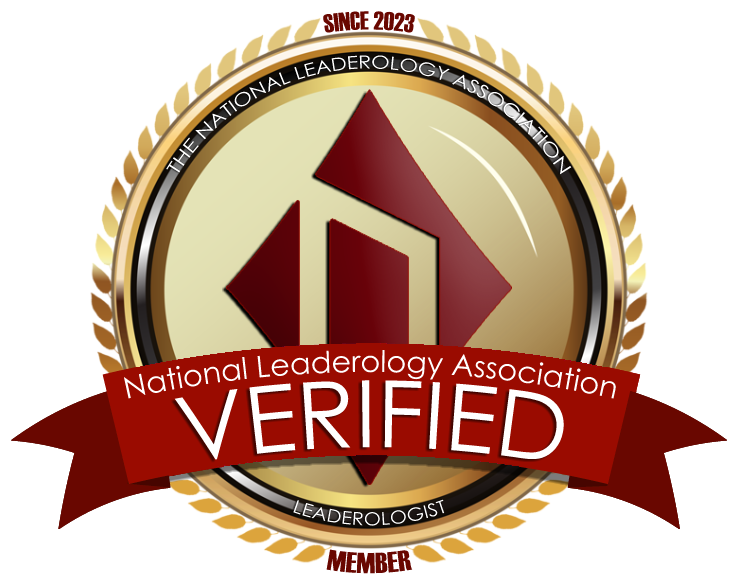
Guidelines for Leadership Development Program Integration with AI
Artificial intelligence has become a central force shaping organizational performance, strategy, culture, and innovation. Leaders must understand both the capabilities and limitations of AI to remain effective in a rapidly evolving technological environment. The following guidelines outline the National Leaderology Association’s recommended standards for integrating AI into leadership development programs.
Develop Foundational Understanding of AI
Leadership development programs must ensure that leaders gain a clear, functional understanding of artificial intelligence, including its core concepts, applications, risks, and constraints. A foundational literacy in AI enables leaders to identify where AI can create value, anticipate potential challenges, and make informed decisions regarding implementation. Understanding AI provides the basis for building strategic plans that leverage technology responsibly and effectively.
Establish a Clear Vision for AI Integration
Leaders must articulate a structured vision for how AI will enhance organizational operations and leadership practice. This vision should specify measurable objectives, clear outcomes, and practical applications. It must be communicated across the organization to align expectations and establish a unified direction. The vision should emphasize how AI supports accuracy, efficiency, productivity, and decision-making, while reinforcing human capability rather than replacing it.
Foster a Culture of Innovation and Adaptability
An effective leadership development program cultivates a culture where experimentation, problem-solving, and calculated risk-taking are encouraged. Leaders should support teams in exploring new ideas, testing emerging technologies, and learning from unsuccessful attempts. A workplace environment that normalizes innovation creates the conditions under which AI-driven solutions can be developed, adopted, and iteratively improved.
Invest in Organizational AI Competence
Organizations must invest in professional talent capable of supporting AI adoption, such as data scientists, machine learning specialists, and technical strategists. These professionals must understand organizational priorities and be able to translate them into practical AI solutions. Leadership development programs should also emphasize cross-functional communication, ensuring that AI specialists and organizational leaders collaborate effectively.
Emphasize Ethical and Responsible AI Practice
AI integration requires strong ethical frameworks. Programs should train leaders to identify issues related to bias, transparency, fairness, accountability, and data privacy. Organizations must create internal policies governing responsible AI use and conduct ongoing audits to ensure these standards are upheld. Ethical literacy must be embedded into leadership decision-making processes to prevent misuse and protect employees, stakeholders, and the public.
Promote Collaboration and Stakeholder Engagement
AI initiatives benefit from interdisciplinary and interdepartmental collaboration. Leadership development programs should encourage leaders to engage with internal teams, external partners, regulators, and subject-matter experts. Collaboration ensures that AI solutions align with organizational goals, adhere to ethical standards, and reflect diverse perspectives. Structured cross-functional teamwork improves the quality and sustainability of AI integration.
Commit to Continuous Learning and Technological Awareness
AI technology evolves rapidly, and leadership competency must evolve with it. Leaders and participants in leadership development programs should engage in continuous learning through research, conferences, professional development courses, and active exploration of emerging tools. Staying informed supports better strategic decisions, increases organizational adaptability, and reinforces a culture of ongoing improvement.
Conclusion
When integrated thoughtfully and responsibly, artificial intelligence strengthens leadership capacity, enhances organizational performance, and supports long-term innovation. The National Leaderology Association encourages leadership educators and practitioners to incorporate these guidelines into their development programs to ensure that future leaders are equipped to navigate an increasingly technological world with clarity, responsibility, and strategic insight.
Updated: 12/8/25

